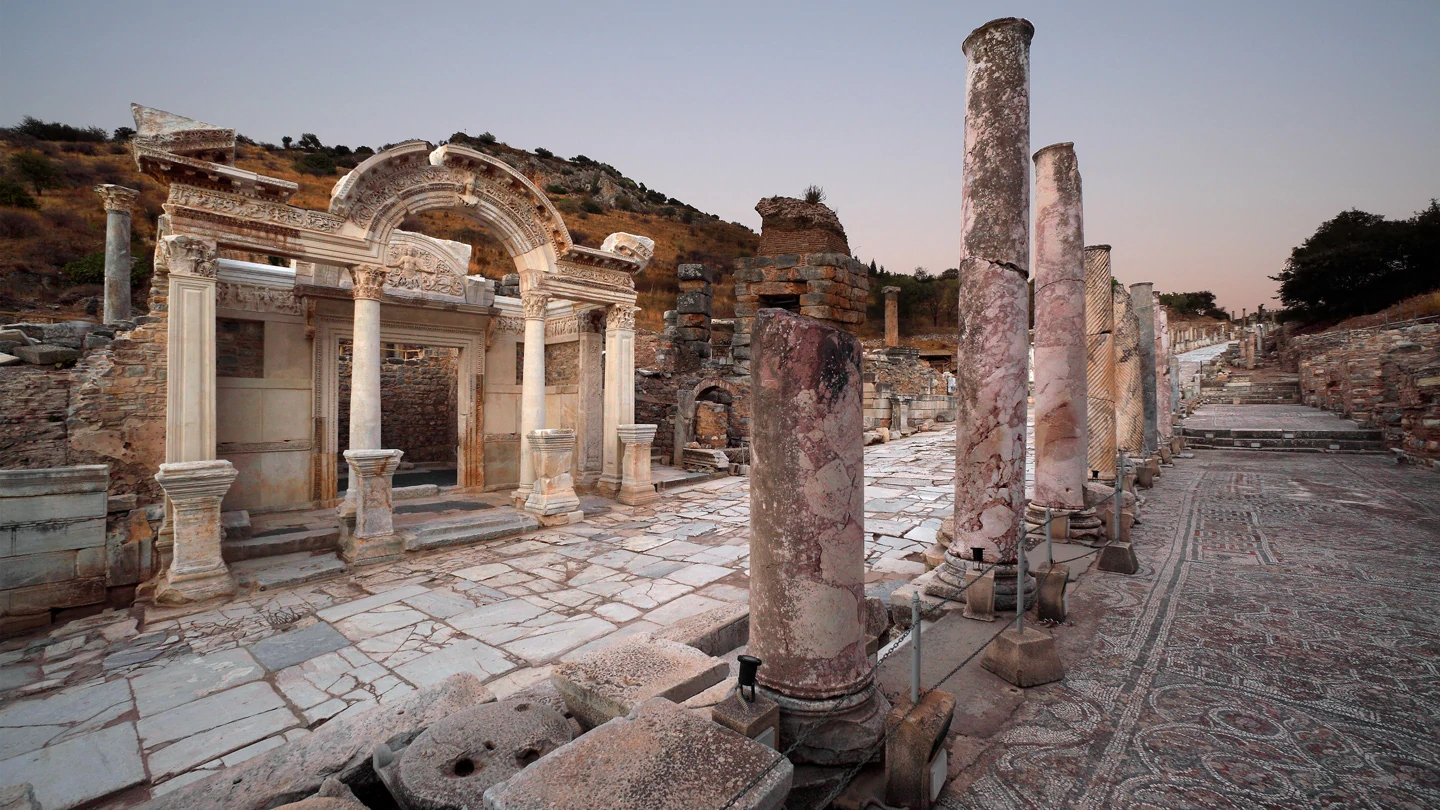Austria's excavations in Ephesos have a long tradition. Archaeologists have been researching the ancient site since 1895. In the history of the excavation work, there have been interruptions time and again; most recently in 2016 due to diplomatic tensions between Austria and Turkey. Although excavation permits for Austria's archaeology were granted again in 2018 and 2019, they were not renewed in the following two years – also due to the Corona pandemic.
Now, thanks to talks between Austria's Federal President Alexander Van der Bellen and Turkish President Recep Tayyip Erdoğan, as well as between Foreign Ministers Alexander Schallenberg and Mevlüt Çavuşoğlu, a new start for Ephesos has been achieved. With the start of the excavation season in spring, Austrian archaeologists will once again be able to continue their excavation, research and conservation work in Ephesos together with Turkish scientists.
Common cultural heritage
The Austrian Academy of Sciences (OeAW), whose Austrian Archaeological Institute (OeAI) directs the excavations in Ephesos, very much welcomes this positive development. Thanks to the cooperation of Turkish and Austrian colleagues, the World Cultural Heritage Site of Ephesos is one of the best-documented archaeological undertakings worldwide. It is all the more gratifying that this fruitful scientific cooperation can soon be resumed on site. Especially at a time when cultural heritage is under threat in many places, it is of great importance that sites like Ephesos are preserved for future generations and researched in international cooperation.
UNESCO World Heritage Site
Ephesos is one of Austria's largest scientific ventures abroad. Every year, around 250 scientists from up to 20 countries are involved in the excavations and research. Ephesos, which is also a popular tourist destination, was inscribed on the UNESCO World Heritage List in 2015. Permission for excavation work has to be reapplied to the Turkish authorities every year. This year's fieldwork is scheduled to start in May.
